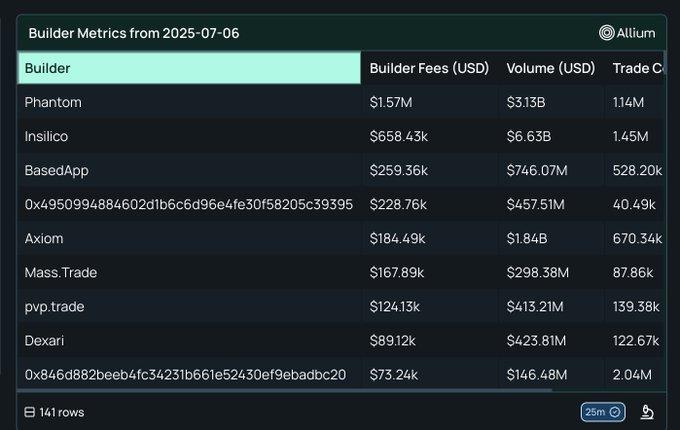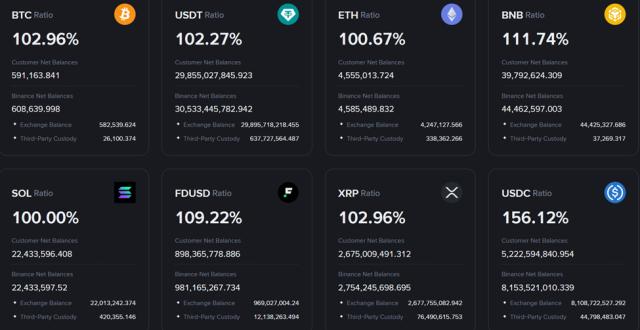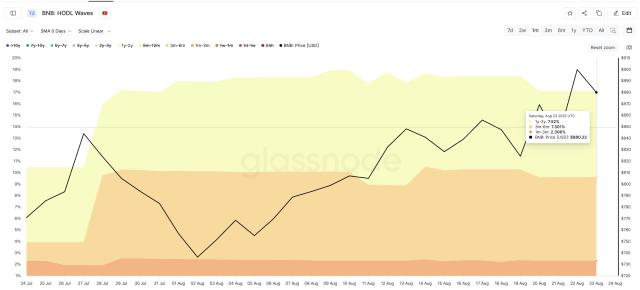Source: Dr. Pump @real_dr_pump
Today, OKX has started charging for swaps within its web3 wallet. The meme-worthy part is the 0.85% fee. Let's discuss the logic behind this. This is a surprise to many, primarily because it's been free for so long, and they didn't expect such a sudden change.
The current landscape of browser wallets
This fee is actually quite reasonable in the industry. First, let’s compare it to other browser wallets: @MetaMask charges 0.875% (getting worse with each change, pure crap ), @phantom charges 0.85%, and @Rabby_io charges 0.25% (which I suddenly realized is pretty conscientious).
Business model of browser wallet
Besides OKX, Rabby is probably the best EVM wallet. Phantom has been gradually integrating into the EVM ecosystem over the past few years and recently connected to perp trading services through Hyperliquid's Builder Code. The Builder Code can also be thought of as an invitation code. In the past month and a half, Phantom has earned $1.5M USD in commissions through Hyperliquid integration. Second place goes to @InsilicoTrading , a multi-exchange front-end for professional traders . Third place goes to @BasedOneX , also a trading front-end specifically for Hyperliquiquid. 
OKX Wallet's Ecological Status
OKX is positioned as a product between professional trading bots ( @AxiomExchange , @gmgnai , @useXXYYio ) and browser wallets. Currently, mainstream trading bots charge a 1% fee.
I heard that @wallet will also work hard to benchmark Axiom in chain sweeping. By then, the 0.85% handling fee plus the rebate will be acceptable.
Multi-chain era: How to minimize transaction costs
Finally, here are some tips on how to choose swap if you want to strike a balance between convenience and low fees. This is also my current solution:
For the EVM chain, we chose @DefiLlama 's trading frontend, https://swap.defillama.com. Essentially, it pulls quotes from various aggregators and selects the best one. No additional fees are charged. Of course, like other frontends, they profit from positive slippage, but this is uncontrollable during trade execution. Therefore, in theory, retail investors can make the best routing choices beforehand.
For Sol Chain, choose @JupiterExchange . Jupiter automatically selects the optimal routing based on the transaction partner. For memecoins, use Metis v1.6, with some fees as low as 0.1%. For mainstream cryptocurrencies, use PMM (such as DFlow or HumidiFi), with essentially zero fees. Jupiter also offers other unique features, such as limit orders and TWAP.
The core competitiveness of each router
OKX has open-sourced its Solana router. This means that if you can calculate how to split orders into various pools, you can deploy your own routing contract to achieve zero transaction fees. However, the challenge lies in indexing: tracking the status of on-chain pools in real time to dynamically split orders and minimize slippage (amount out). This is the core competitive advantage of each router.
Why is the wallet important as a transaction entry point?
In the future, competition in the wallet/front-end space is expected to intensify, and overall fees are likely to decline. The current model for this sector is very similar to the @RobinhoodApp in TradFi : retail trades are non-toxic, meaning they are unlikely to be based on insider information. This allows counterparties to offer lower slippage to retail traders. This is why more and more active market makers on Solana are willing to offer lower slippage for trades initiated through the front-end.
The end of the AMM golden age
The chart below shows slippage on Solana, as calculated by @bqbrady . DFlow is a proactive market maker (PMM). You can see that they offer lower slippage when the notional volume is large. Over the past two weeks, Jupiter, OKX, and DFlow have contributed nearly $60M in large order volume. If each trade achieves a 2bp improvement, that translates to a $12,000 slippage saving for users. 
Of course, Jupiter and OKX have now also connected to DFlow as a quoter, and it is not ruled out that DFlow is subsidizing users' orders to seize the market.
Why is OKX wallet still irreplaceable?
Of course, as a full-chain wallet, OKX's support for NFTs, inscriptions, and other markets, in addition to memecoin, is unique among wallets. This may also give them the confidence to start charging a transaction fee now. This is healthy for the entire ecosystem. The costs incurred by this entire business over the past year are incalculable. Hopefully, this fee will also help @wallet @star_okx @mia_okx continue to develop better features!





